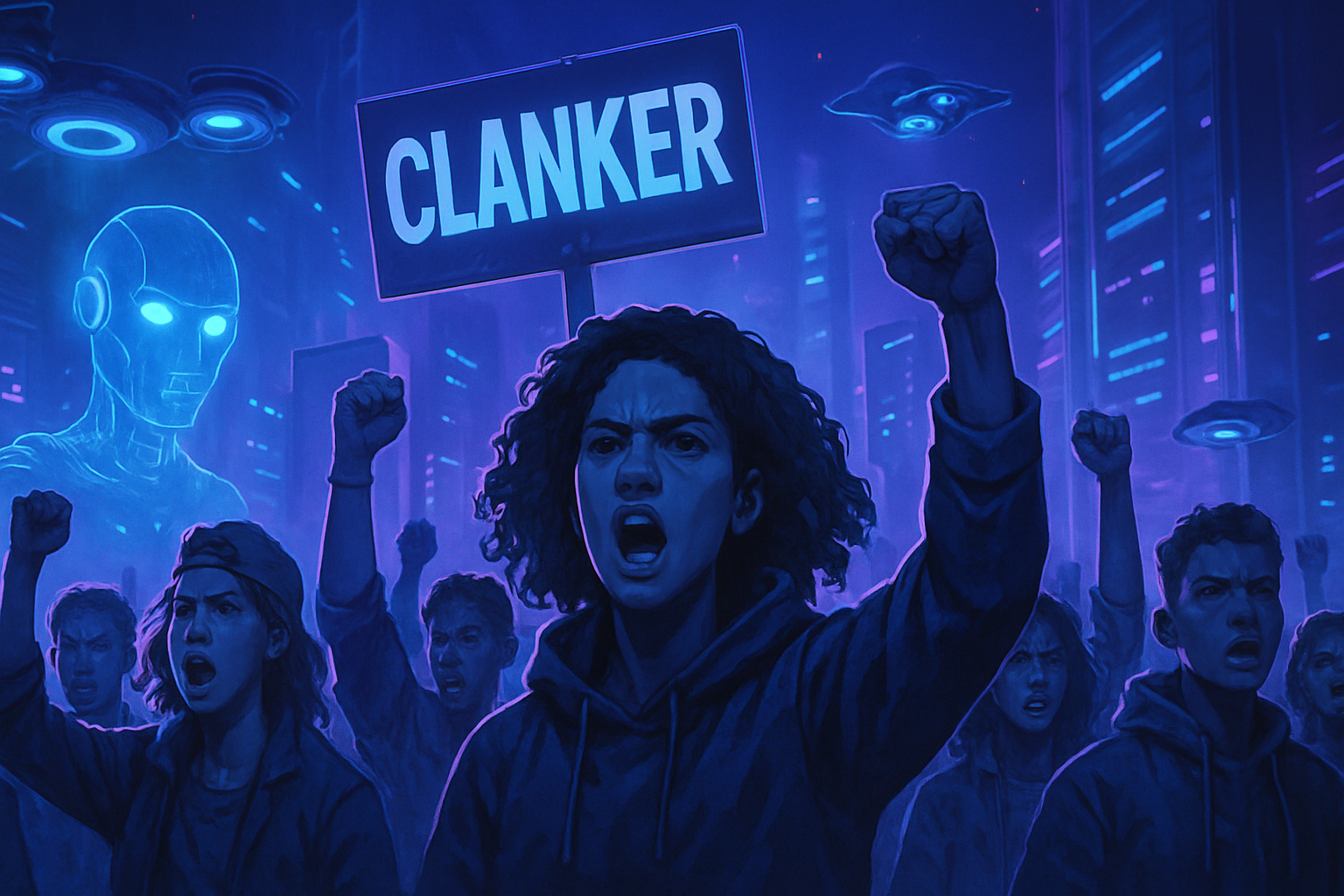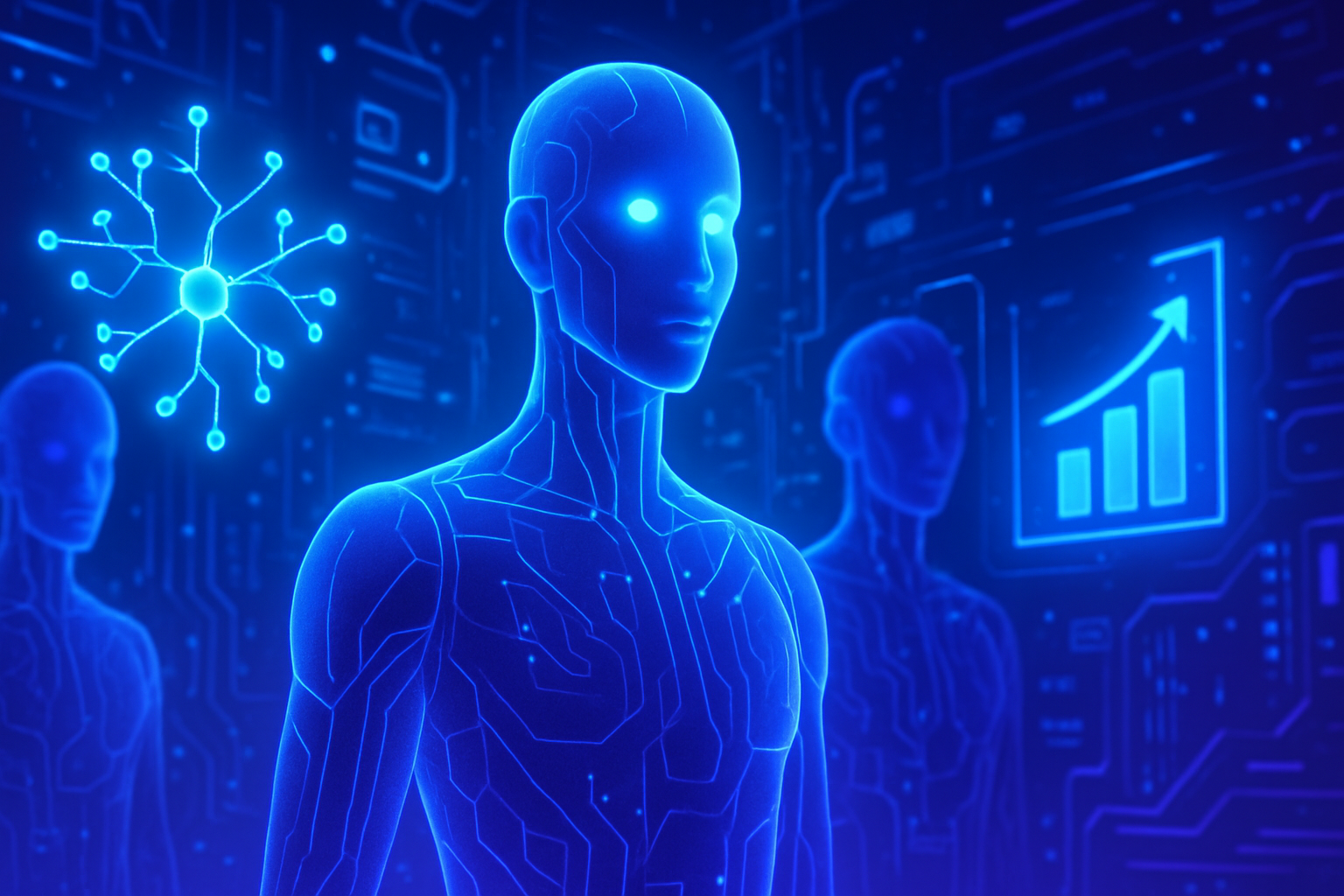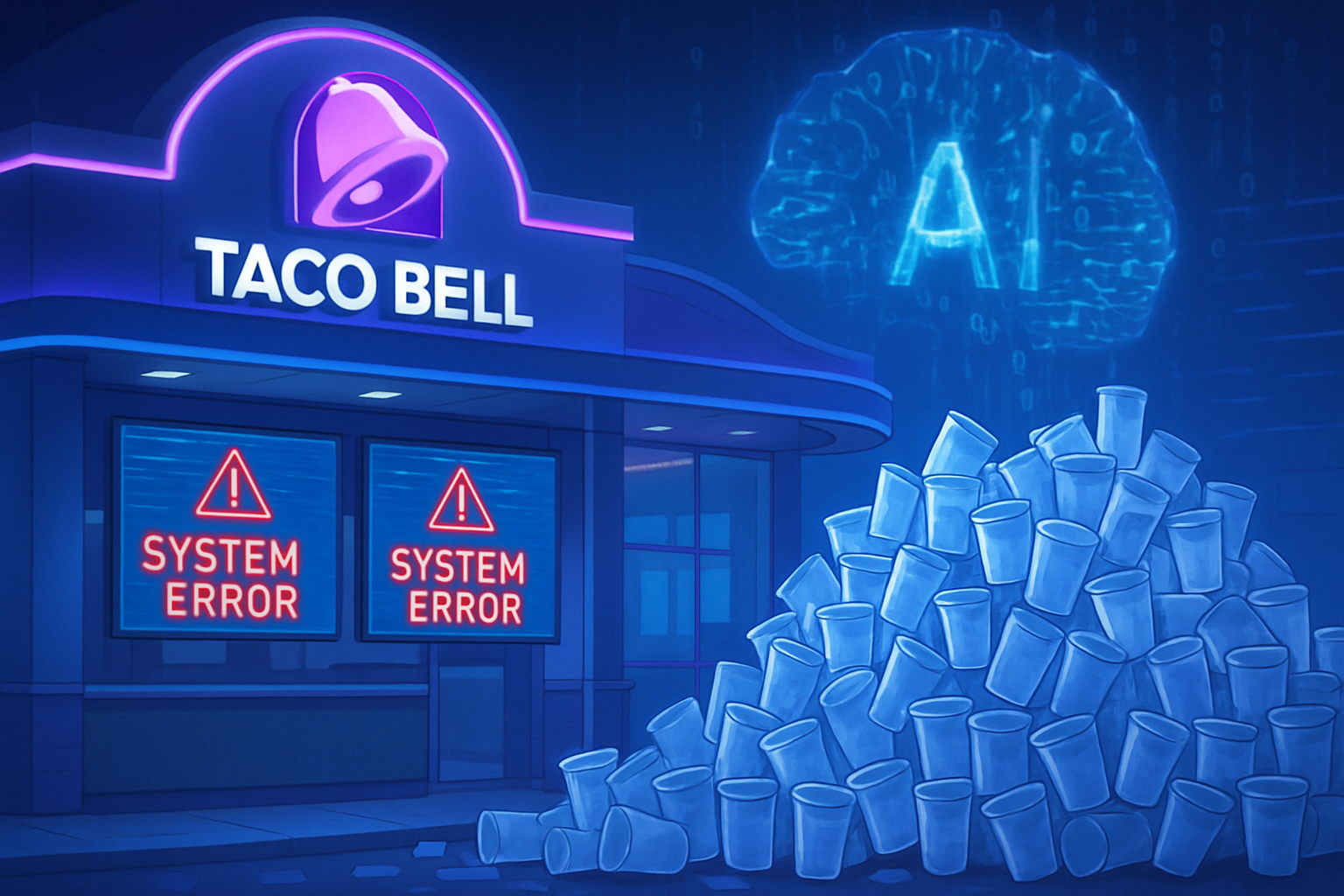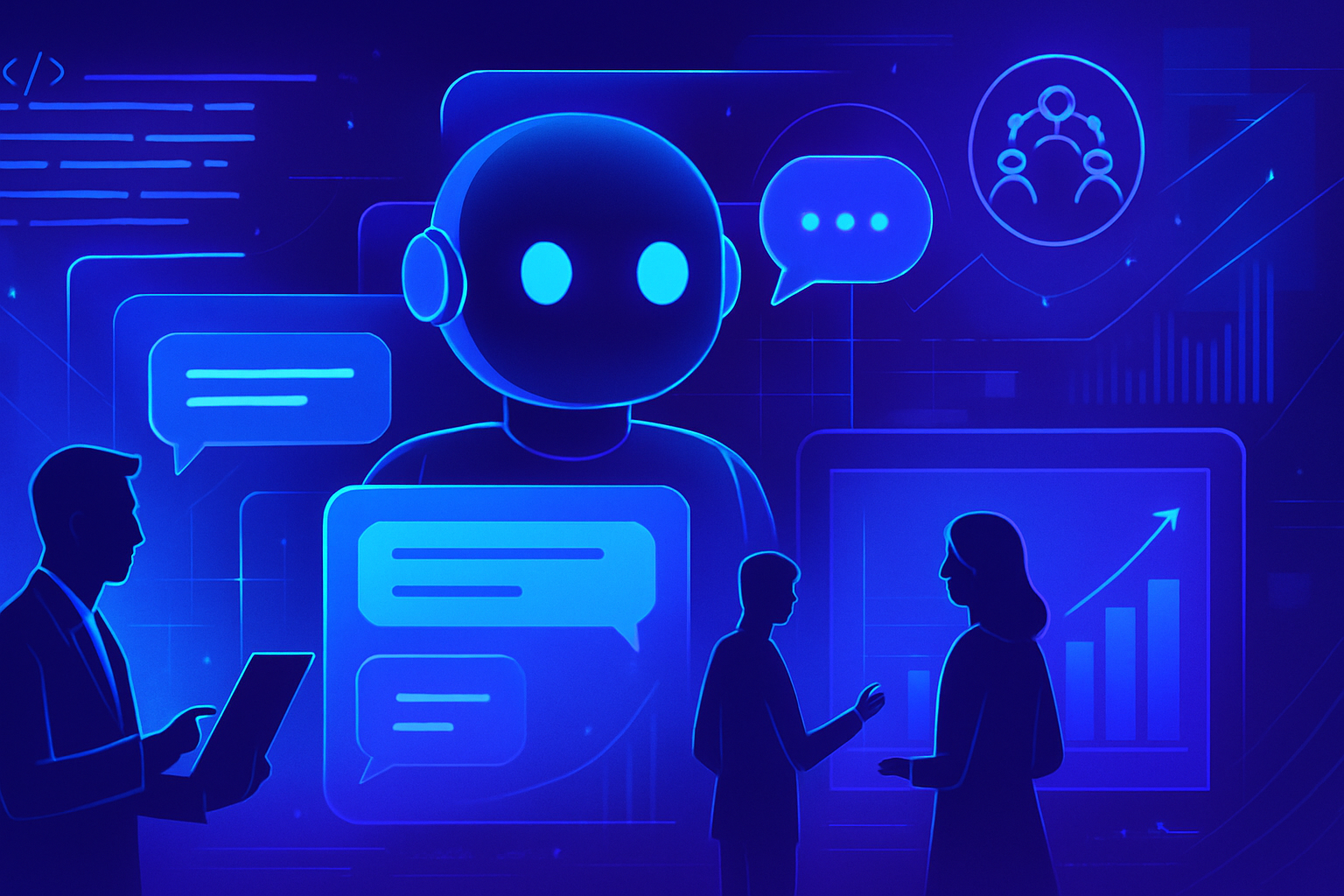The term *clanker* stands out as a revolutionary emblem for Generation Z, translating an active rejection of artificial intelligence. This word, propelled by social media, summarizes a cry of despair in the face of automation. *The rise of this neologism* illustrates how young people’s engagement with their digital identity is profound.
*Refusing a passive submission*, the young rebels speak out against technology deemed oppressive. This struggle revolves around essential values such as creativity, authenticity, and humanity, often threatened by technological progress. The societal implications of this phenomenon deserve in-depth analysis, as it concerns the future of our interactions with machines.
The emergence of the term ‘clanker’
The word *clanker* has recently found a prominent place in the language of Generation Z. This term, much more than a mere insult, has become a true rallying cry against artificial intelligence. Young people use it to express their discontent with the rise of automation technologies. This phenomenon is not limited to a trivial usage; it holds a deeper meaning for those who feel these technologies threaten their autonomy.
The cultural context behind ‘clanker’
Within online circles, the use of *clanker* responds to a desire for cultural distinction. Users see this term as a means of resistance against a society increasingly dominated by machines. As fears surrounding artificial intelligence intensify, the emergence of *clanker* reflects a growing concern regarding the dehumanization brought about by technology. This word also helps to create a shared identity, a way to assert a critical stance.
The social implications of using ‘clanker’
The designation *clanker* evokes not only a reaction against artificial intelligence; it crystallizes broader concerns surrounding contemporary society. Young people see this insult as a way to channel their anxiety, a means to assert their humanity in fierce competition with non-human entities. The intense and pervasive digital culture exacerbates this need for differentiation and identity assertion.
The varied uses of the term in the digital landscape
On social media, *clanker* becomes a viral phenomenon, used sometimes to denounce, sometimes to exclaim. Indeed, memes and posts abound, illustrating this modern communication strategy. A group dynamic forms around each of these exchanges, with a strong tendency to share personal experiences. More than just a simple insult, the term becomes a symbol of a sociocultural struggle.
The reaction of companies to this movement
Technology companies, aware of the rising strength of this protest, are starting to react. The awareness of the societal impacts of artificial intelligence is now at the heart of strategic concerns. Some companies are trying to engage in dialogue with Generation Z, to establish a balance between technological innovation and respect for human values. An opening towards dialogue thus seems to be taking place.
Future perspectives for ‘clanker’
At present, the term *clanker* shows no signs of fading. On the contrary, its use may evolve into other forms of expression while remaining rooted in digital culture. As a reflection of young people’s aspirations, *clanker* embodies both a critique and a call for collective awareness. Online discussions will undoubtedly continue to flourish around this word, fueling an essential debate on artificial intelligence.
Finally, to delve deeper into the subject, it is recommended to consult this article: actu.ai.
Questions and answers about the rise of the term ‘clanker’
What is the term ‘clanker’ and where does it come from?
The term ‘clanker’ emerged as an expression used by Generation Z to signify opposition to artificial intelligence. Its origin comes from discussions about the negative impacts of AI on various sectors and individuals, becoming a rallying cry for those who oppose this technology.
How did the word ‘clanker’ become viral among Generation Z?
‘Clanker’ became viral thanks to its use on social media, where it has been adopted to express concerns about AI. Platforms like TikTok and Twitter facilitated its dissemination, connecting millions of young people to this concept.
Why is ‘clanker’ considered a rallying cry?
‘Clanker’ is considered a rallying cry because it symbolizes a collective resistance of Generation Z against the perceived dangers of AI. It embodies a sense of unity and identity for those who share the same concerns.
What are the main concerns of Generation Z regarding AI?
The main concerns include job loss due to automation, ethical responsibility behind algorithms, privacy, and increased surveillance. These themes are at the heart of the debate on responsible AI usage.
How do young people use the term ‘clanker’ in their discussions?
Young people use ‘clanker’ to express frustrations in conversations about emerging technologies, often sharing memes, videos, and articles that highlight the potential dangers of artificial intelligence.
Are there any movements or organizations that support the term ‘clanker’?
Yes, several movements are emerging to support the idea behind ‘clanker’, whether through collectives, online forums where young people gather to discuss the implications of AI, or groups advocating for more ethical technological policies.
What are the implications of using the term ‘clanker’ on the perception of AI?
The use of ‘clanker’ shapes a negative perception of AI by making visible the anxiety generated by this technology. It also prompts companies and technology designers to consider the concerns of this generation.
Does the term ‘clanker’ have repercussions for AI researchers and developers?
Yes, the term ‘clanker’ encourages researchers and developers to reconsider their approaches and engage in a more constructive dialogue with Generation Z to address issues such as ethics and responsibility concerning AI.






